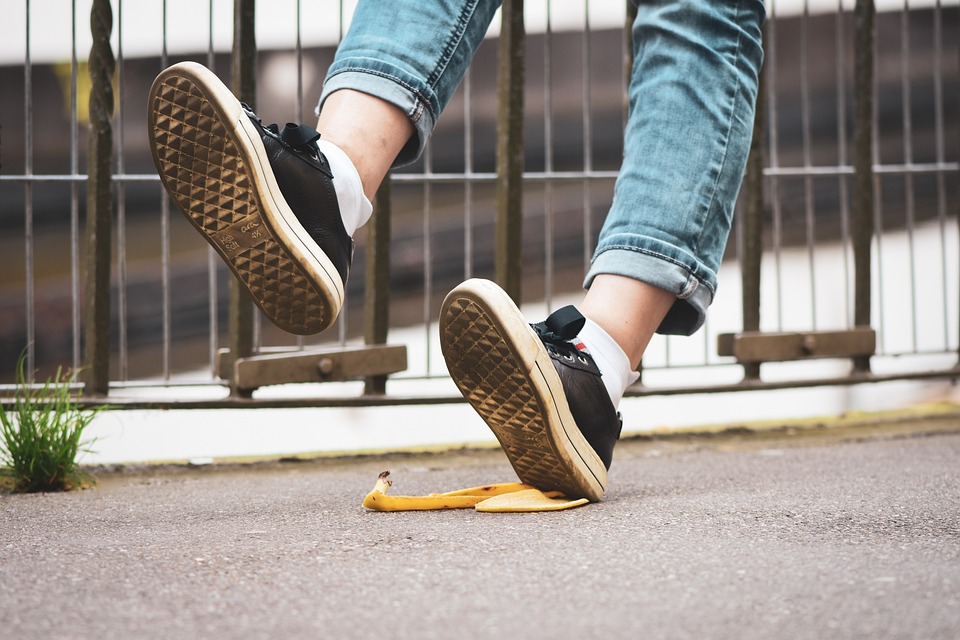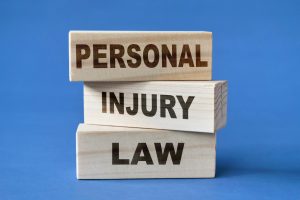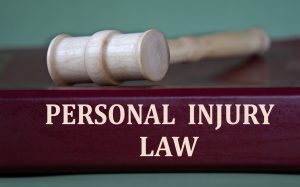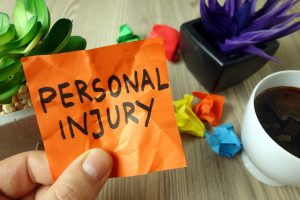If so, you may be able to get compensation through a slip and fall claim. However, you would need to prove that the injury resulted from the negligence or wrongdoing of someone else. A slip-and-fall claim can be denied for many reasons, including the inability to prove liability or not having admissible evidence. Here are some of the major challenges you may face when pursuing a slip-and-fall claim.
Proving Liability
Establishing liability in a slip-and-fall claim can be difficult because there are certain elements you must prove to establish liability. This includes proving that the property owner knew about the dangerous condition on their premises but did not take any measures to fix it. To prove this, you would require information on how long the problem existed, when the property owner became aware of the situation, and whether they had enough time to fix it.
However, establishing liability is even more challenging because many states follow the comparative negligence law. If the property owner claims that your recklessness contributed to the accident, you could get reduced compensation or none at all. For example, if your state follows the pure contributory negligence rule, it denies the plaintiff the right to obtain compensation if they share responsibility for the accident.
Another aspect to consider is that the case can have multiple liable parties. For example, your primary assumption would be that the property owner is responsible for your injuries. Still, if the property owner claims that an employee or a subcontractor caused the dangerous condition, the case can become more complex.
Gathering Evidence
Evidence is required to prove fault in a slip and fall accident, including surveillance footage, photographic evidence, witness testimonies, medical bills, and incident reports. But gathering evidence can be challenging. For example, suppose you suffered a fall in a store because of a spilled substance and did not take any photos immediately after the accident. In that case, it could give the owner enough time to clean the spill and avoid liability.
Eyewitness statements are substantial evidence needed to prove your case, and failing to get the contact information of the eyewitnesses to the accident can strengthen the defendant’s stance in the slip and fall case.
Keeping a record of your expenses following the accident and collecting evidence immediately after the accident can be difficult when dealing with serious injuries. You can only establish facts of the accidents through some form of evidence, and if you do not have that, it makes it easier for the other party to divert the blame to you and avoid paying your damages.
Dealing with the Insurance Company
Despite your being the victim in the case, the insurance company can use its vast legal resources to claim you shared fault for the accident. This lets the insurance company avoid paying you full compensation. Insurance companies deal with similar claims regularly and can use that experience to pressure or trick you into accepting an unreasonably low offer.
In some cases, insurance companies can also take the case to trial because they want the jury to decide whether they are liable for the damages. Trials are often costly and time-consuming, and verdicts can be unpredictable. Convincing the jury and judge that the injuries directly resulted from the defendant's negligence or wrongdoing requires solid evidence and expert legal representation.
Get Assistance from a Personal Injury Lawyer
A personal injury lawyer can help your slip and fall case in many ways. For example, personal injury lawyer Nuñez suggests your attorney get expert witnesses to testify in court to prove the other party caused your injuries. Personal injury attorneys have expert negotiation skills they can use to prevent the insurance company from tricking you into accepting a low offer. They also know when it will be in your best interest to accept a settlement and when to take the case to trial.





















